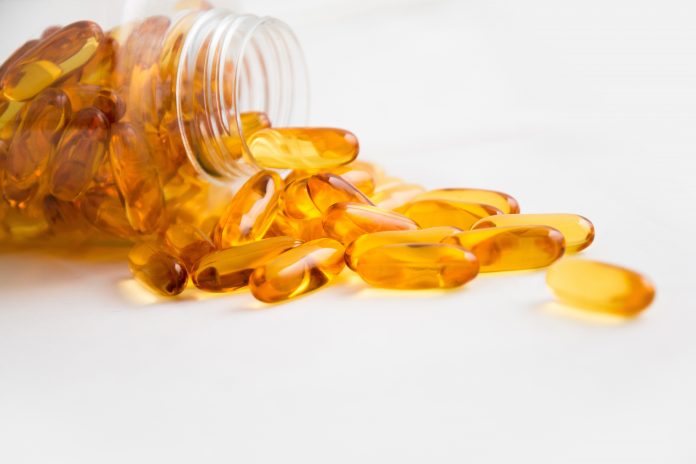Is there a link between fish oil and depression?
Does fish oil help cure depression? And how does it work?
I have gathered research from different sources which will help you to decide whether fish oil and depression belong together.

Why Fish Oil For Depression?
I am not usually an advocate of taking too many supplements…
But the good news is that some studies show that fish oil supplements may be as effective as prescription antidepressant medication — but taking both in combination is more effective than either taken alone…
Daniel K. Hall-Flavin, M.D. agrees, but cautions that, more research is needed to confirm these results.
Dr. Joseph Hibbeln of the National Institutes of Health believes that the reason for the increase in depression can be directly attributed to a major shift in dietary patterns, specifically fat intake. He points out that the vast increase in the use of soy, corn, palm and cottonseed oils in the last 100 years has totally changed the traditional ratio of omega-6 to omega-3 fatty acids in the diet…
And this spells trouble…
How Does Low Omega-3 Affect Our Mood?
Our brain consists almost entirely of fat. So our fat intake could affect our brain’s composition, particularly the ion channels which channel signals in and out of the brain. There is also evidence that low levels of omega-3 fatty acids are associated with low levels of the mood hormone serotonin. Dr. Hibbeln’s hypothesis is supported by the fact that the incidence of depression is considerably lower in countries with a high fish consumption.
The Verdict About Fish Oils And Depression
 At this time, it’s probably premature to make a strong recommendation for or against fish oil supplements as a treatment for depression. Consult your doctor before starting any new dietary or herbal supplement to treat depression, especially if you take other medications.
At this time, it’s probably premature to make a strong recommendation for or against fish oil supplements as a treatment for depression. Consult your doctor before starting any new dietary or herbal supplement to treat depression, especially if you take other medications.
Ways To Get More Omega-3 Fatty Acids
At least three clinical trials show a marked improvement in depressed patients given relatively high doses of fish oils. This has spurred other scientists to look closer at the potential benefits of fish oil supplementation.
 Another way to get more omega-3 fatty acids, is to simply eat more fish. Try salmon, mackerel and tuna. Other good dietary sources of omega-3 fatty acids include flaxseed, canola oil, soybeans, pumpkin seeds and walnuts.
Another way to get more omega-3 fatty acids, is to simply eat more fish. Try salmon, mackerel and tuna. Other good dietary sources of omega-3 fatty acids include flaxseed, canola oil, soybeans, pumpkin seeds and walnuts.
Take Note
Daily supplementation with 1-3 grams of a high quality fish oil is entirely safe and may not just improve your mood, but help protect you from heart disease, stroke and arthritis as well.
